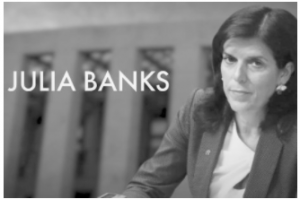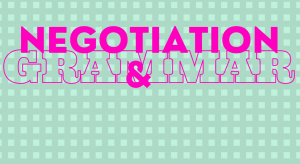AMA (NSW) released its 2021 Hospital Health Check survey today. After the last few years of dealing with bushfires, floods and COVID-19, it’s not surprising that the survey showed junior doctors are exhausted. So exhausted, in fact, that almost half of the respondents were concerned for their personal safety due to fatigue associated with long hours.
In unsurprising results, female doctors have fared worse than male doctors. Female doctors have claimed appreciably less overtime and have also experienced significantly more discrimination and bullying.
I write about the issues facing female doctors in my whitepaper, “Negotiation Skills as a Remedy for Gender Bias in Medicine”. I argue that learning consensus-building negotiation skills could equip female doctors to receive more acknowledgement in the workplace, to negotiate better salaries and working conditions and neutralise the impact of bullying and hostility.
Send me a message if you are interested in receiving a copy of my whitepaper and do get in touch if you are interested in learning more about my training and coaching programs in Sustainable Negotiation.









